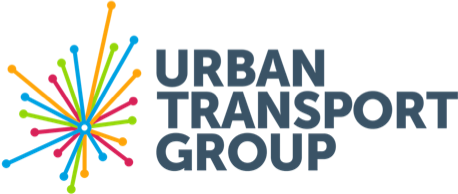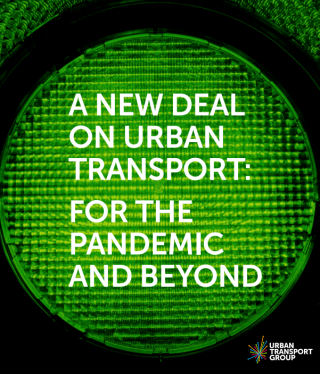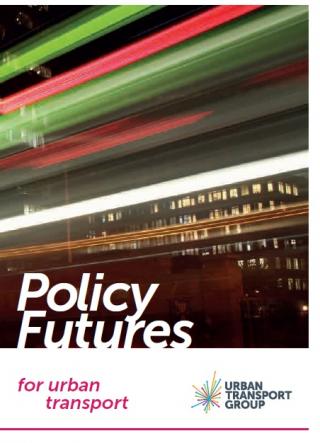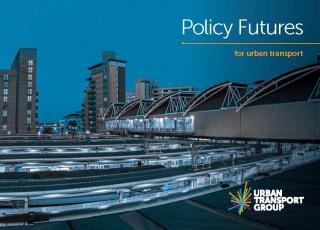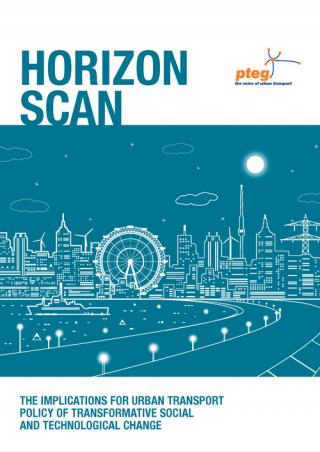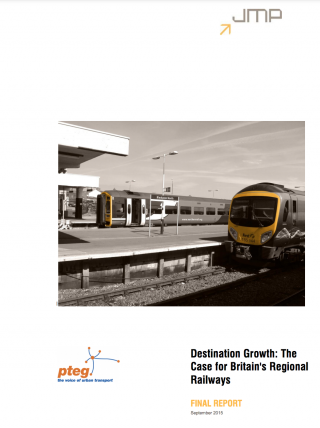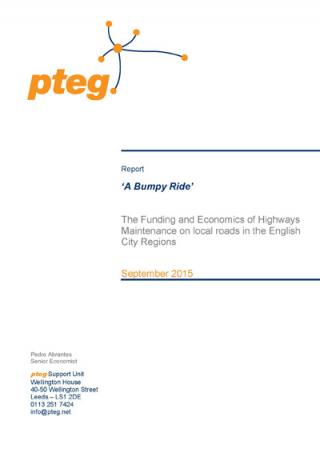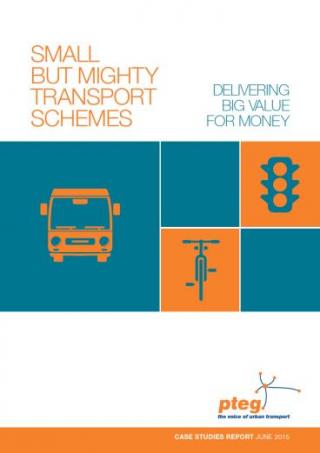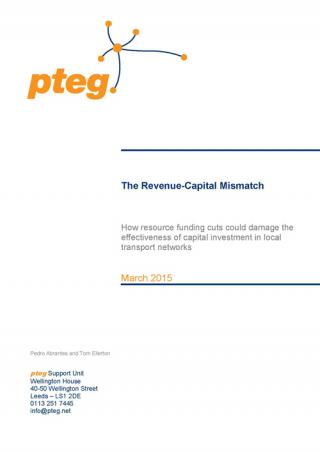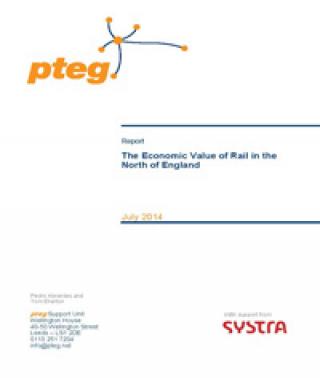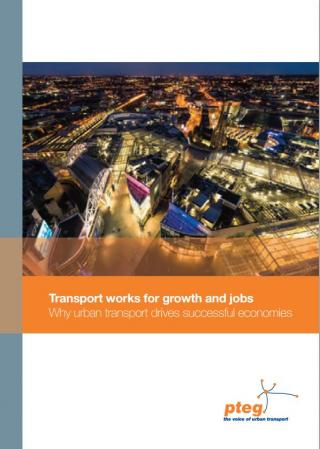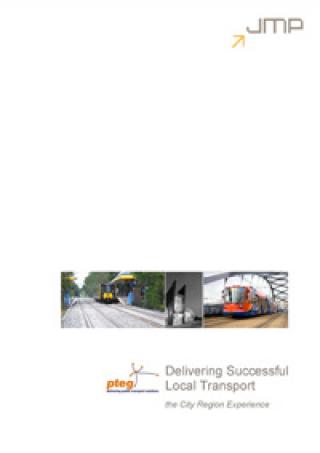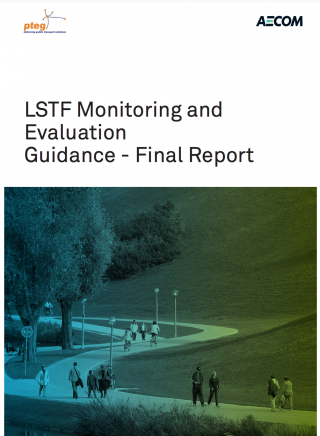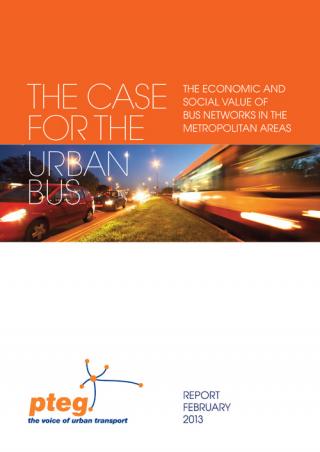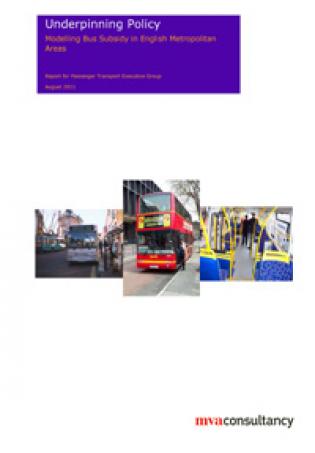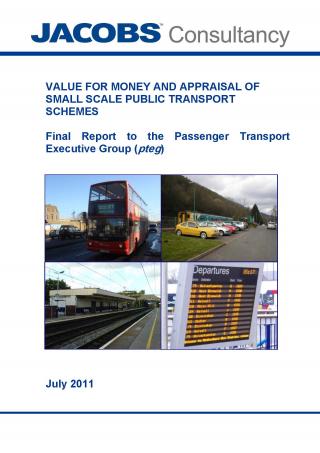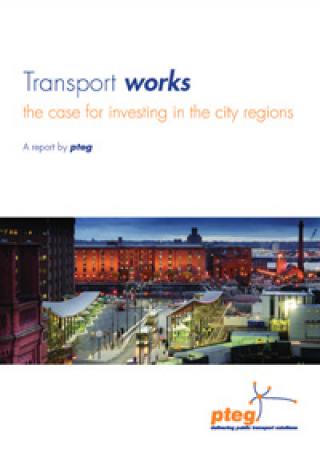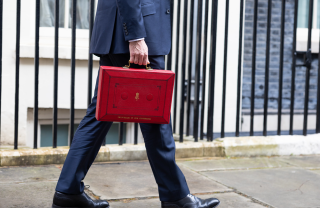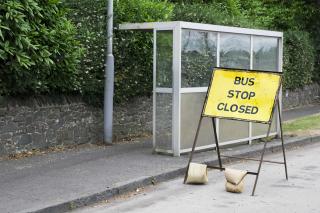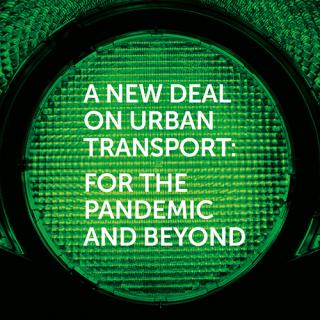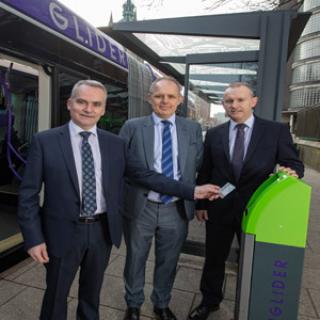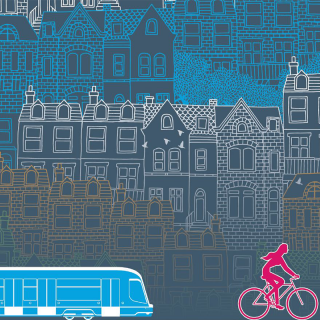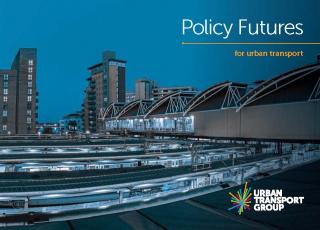Funding
There needs to be longer term and enhanced capital and revenue funding for transport in urban areas if our city regions are to have modern and effective transport networks capable of supporting their economies in a sustainable way.
Find out more about the funding challenges urban transport faces and the case for how best they can be resolved.
Public transport has a funding crisis
Our short read briefing explains how we can fix it.
Submission to Spring Budget 2023
The Urban Transport Group's submission to the 2023 Spring Budget on behalf of its full members.
Leading Light: What Light Rail can do for City Regions
Back the Bus to Level Up
Continuing COVID Funding Support for Urban Public Transport
The Local Transport Lottery - The costs and inefficiencies of funding local transport through ad hoc competitions
This report takes an in-depth look at the implications of an excessive reliance on competition funding for urban transport projects.
The research shows how such a reliance impacts local authorities’ ability to deliver value for money and places pressure on authorities and their staff.
Banks, bytes and bikes: The transport priorities of the new economy
Our report, Banks, bytes and bikes: The transport priorities of the new economy, highlights how transport needs in urban areas are changing amid the growth of the so-called “flat white economy”.
